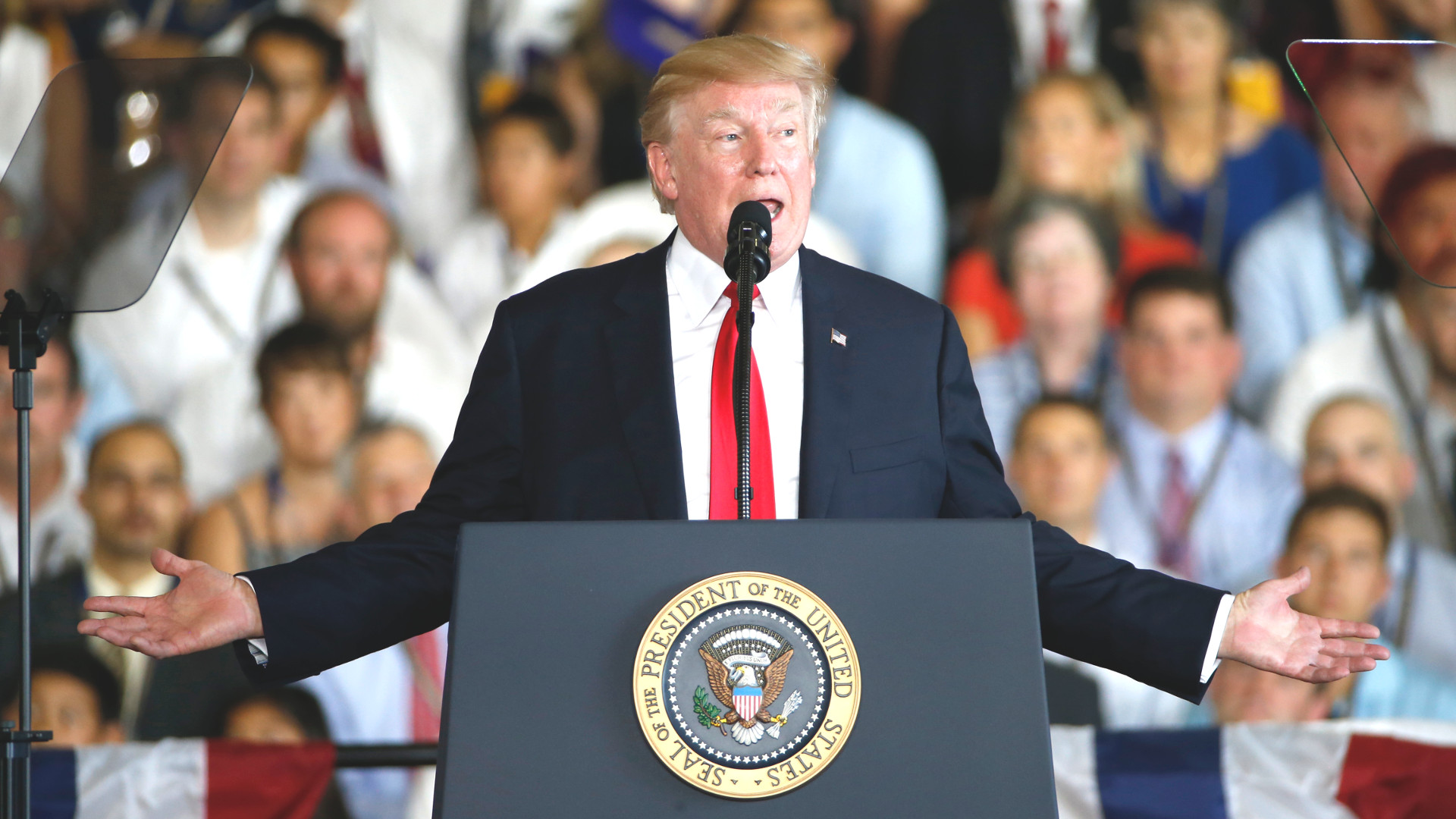

Despite criticism and warnings from global industry leaders, the United States may make good on its threats to impose 25 percent import tariffs on automotive imports as early as next week, reports Reuters.
On Tuesday, several “EU sources” were cited by German publication Wirtschaftswoche regarding the matter, noting that a report from the U.S. Department of Commerce investigation was already on Trump’s desk for review. As a result, the sources suggest that Trump could potentially decide on whether or not to enact threatened 25 percent import tariffs on foreign automobiles as early as next week, immediately following a G20 summit in Buenos Aires.
Though the publication does not state which report in particular was delivered to the President, it is known that The Department of Commerce was instructed to assemble its findings on the effects of foreign automotive imports with regards to Section 232 of the Trade Expansion Act. Formally, the U.S. cannot begin trade negotiations before January due to congressional rulings on trade agreements, however, this would not halt an executive order, a tactic that was used earlier this year to impose additional duty fees on imported steel and aluminum.
This new information conflicts with reports supposedly leaked from the White House earlier this month which stated that the U.S. was not expected to impose additional automotive tariffs in the near future. At the time of the leak, European leaders again warned against the matter, citing that additional tariffs would be swiftly met with retaliation.
Neither the White House nor the Department of Commerce has made any public comment on the status of the report on Section 232. If the report is in fact completed and Trump chooses to push through a recommendation for additional duty fees on imported cars, Washington would have at most 15 days to impose the additional tariffs.
European auto stocks fell a collective 2.5 percent following the report. In all, the industry has taken a 20 percent year-to-date loss in valuation over market instability caused by fears of tariffs, falling profits, and slowing auto sales.